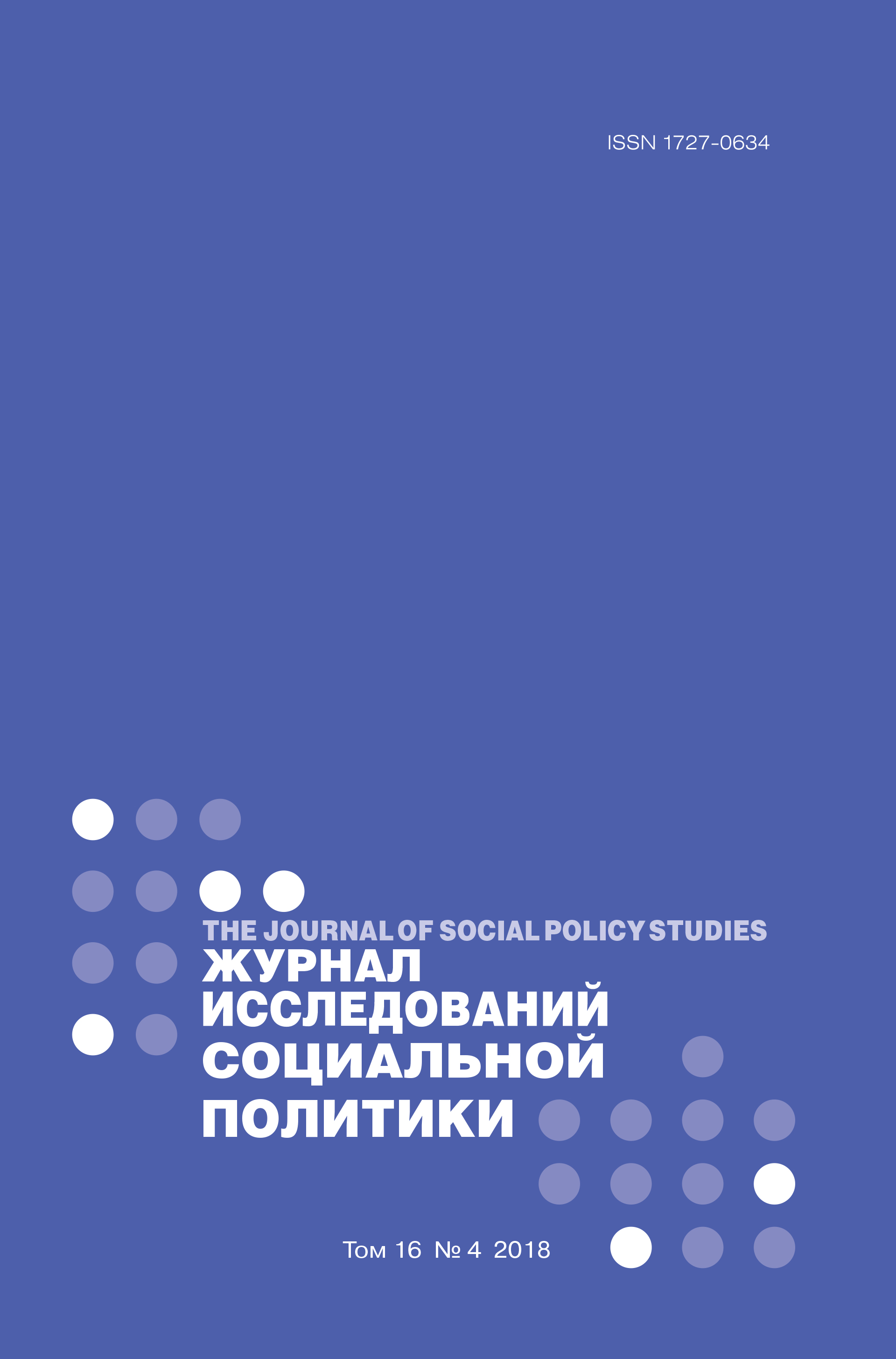Children in Migration Processes: Diversity, Challenges, and Diversification of Models of Adaptation
Abstract
Albina Nesterova – Doctor of Psychology, Professor at the Department of Social Psychology, Moscow Region State University, Moscow, Russian Federation. Email: anesterova77@rambler.ru
This article explores the features of child migrant adaptation, a group that is not a single and homogeneous group. In this regard, a differentiated approach to organizing support for adaptation is needed. This study focuses on children involved in migration processes, including: those who migrated with their parents (the so-called '1.5-generation'); children who were born in migrant families in another country; refugee children in danger such as those without the accompaniment of adults or in situations of local military conflicts); 'Left Behind Children' – those whose parents have migrated out of the country
leaving them behind. Thus, children of different ages who left the country together with their parents (the '1.5-generation') often face the challenge of language acquisition, a new culture, a sense of 'cultural duality'. The children of migrants belonging to the second generation, to a greater extent demonstrate
the need for support of the processes of their identification and development of intercultural competence. Refugee children need more complex organized psychological assistance, which often requires special training. For those children left behind by parents-emigrants, the support of specialists who understand the psychological consequences of emotional deprivation is required to manage attachment disorder and the effects of separation. The studies were conducted in the period 2014–2017 in Moscow and the Moscow
region on a total sample of 179 migrant children. The article also presents the results of in-depth interviews conducted with eighteen children of migrants aged ten to fifteen years, immigrants from Uzbekistan, Kyrgyzstan, Tajikistan, Armenia, Ukraine, as well as their parents and teachers.















